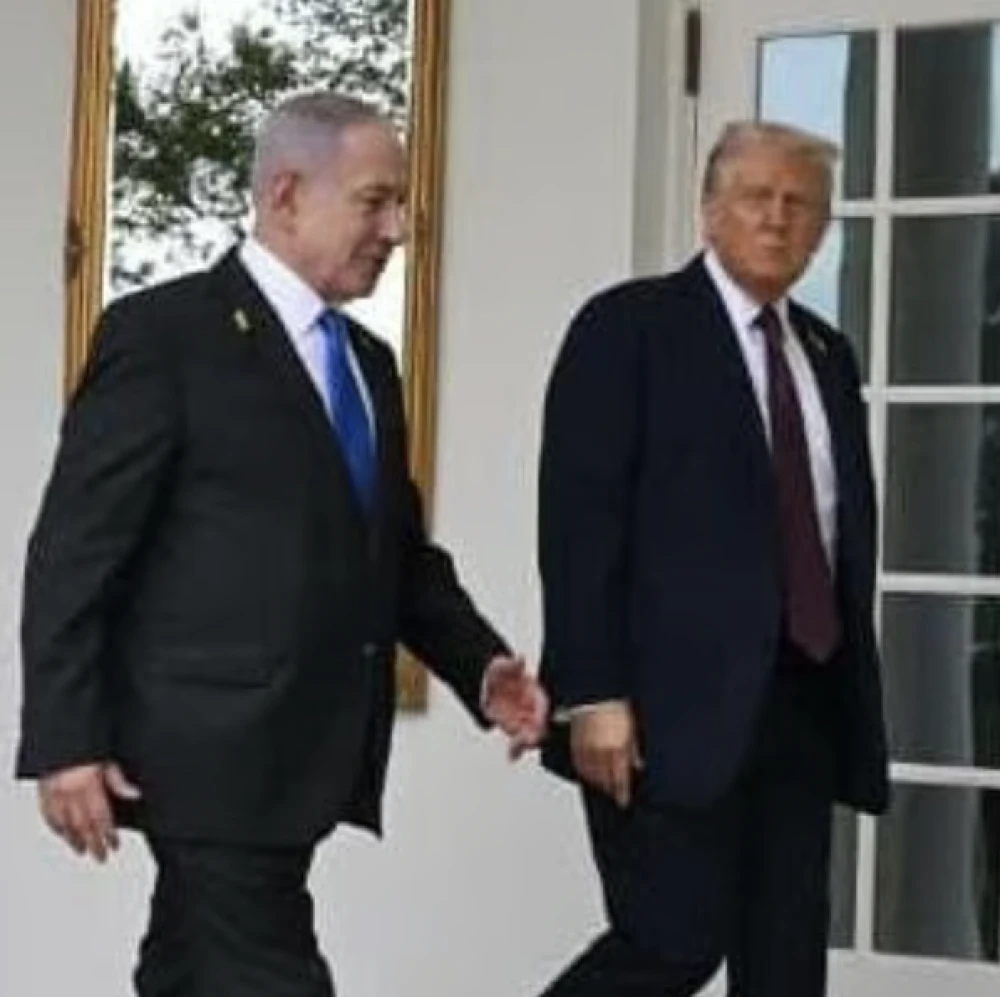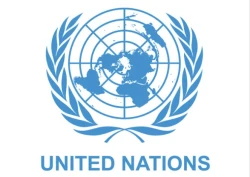Trump’s Gaza peace bid leaves Netanyahu cornered, Hamas on the spot
- 2025-09-30 07:38:37

Qatar told U.S. officials it believes Hamas will back President Donald Trump’s plan to end the war in Gaza, but a senior Hamas figure struck a cautious note.
Reports in Egypt and Qatar confirmed that both Cairo and Doha shared the plan’s details with Hamas. Egyptian media quoted officials saying Hamas was reviewing the proposal “positively and objectively.”
On the demand to disarm Hamas, Mardawi insisted: “The resistance’s weapons have not been used to attack anyone, but for freedom and independence. What is happening is an attempt to stifle international momentum and recognition of a Palestinian state.”
He added that Trump’s plan was “vague and without guarantees,” and rejected any proposal that does not secure “the destiny of the Palestinian people and protect them from massacre.” Still, he concluded, “We will examine the American proposal and discuss it with the Palestinian factions.”
Steve Witkoff, Trump’s envoy to the Middle East, told Fox News that Qatari and Egyptian officials had relayed Hamas’s response that it would “study the plan in good faith and provide an answer.” Witkoff called it “a very positive initial reaction for a group that hasn’t yet had time to fully review our proposal.”
Palestinian Islamic Jihad leader Ziyad al-Nakhalah was far more dismissive, saying the Trump-Netanyahu announcement amounted to an “American-Israeli agreement reflecting Israel’s full position” and a recipe for “further assaults against the Palestinian people.” He warned the plan was “a recipe to ignite the region.”
By contrast, the Palestinian Authority welcomed Trump’s efforts and reiterated its commitment to work with Washington and its partners toward a comprehensive peace deal based on a two-state solution.
Foreign ministers from Saudi Arabia, Jordan, the UAE, Qatar, Egypt and other states issued a joint statement welcoming the initiative and expressing readiness to “work positively with the U.S. and all relevant parties to reach an agreement and ensure its implementation.”
Trump’s plan was rushed and “half-baked,” possibly unveiled to boost his bid for a Nobel Peace Prize. The president pressed Prime Minister Benjamin Netanyahu to accept it, while admitting it was unclear if Hamas would agree. Still, he predicted Hamas would, citing Qatari assurances to Washington.
Trump stressed that if Hamas rejects the plan, Israel will receive full U.S. backing to “finish the job,” while Arab and Muslim states would be expected to force Hamas out of Gaza, even by deploying troops. The proposal lacked a clear timeline or deadline for Hamas’ response or its implementation. Netanyahu’s apology to Qatar for an Israeli strike in Doha was seen as an effort to bring it back into the mediation process and push Hamas to the table.
One unresolved issue is the vision of a Palestinian state. Trump included language to win Arab support, but Netanyahu restated his opposition, and Trump said he respected it, even thanking Netanyahu for not recognizing Palestinian statehood. Another open question is whether the Palestinian Authority will play a role in governing Gaza. While the plan’s text suggests this could happen if reforms are carried out, Netanyahu downplayed that in his remarks.
The press conference itself began on a surreal note: the American team — Vice President J.D. Vance, Secretary of State Marco Rubio, special envoy Steve Witkoff, Trump’s son-in-law Jared Kushner and Chief of Staff Susie Wiles — burst into prolonged laughter for no apparent reason, as the Israeli delegation looked on stone-faced.











